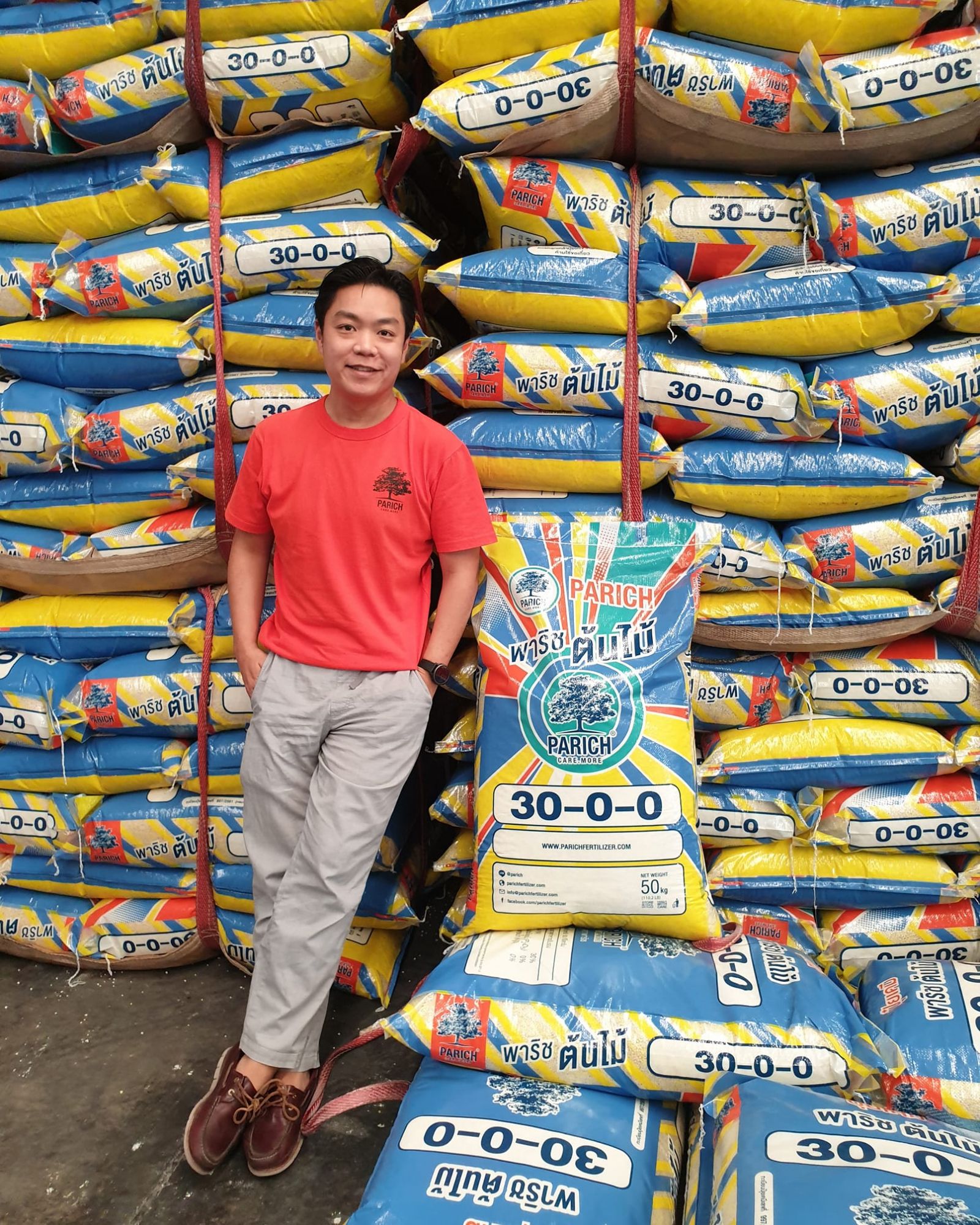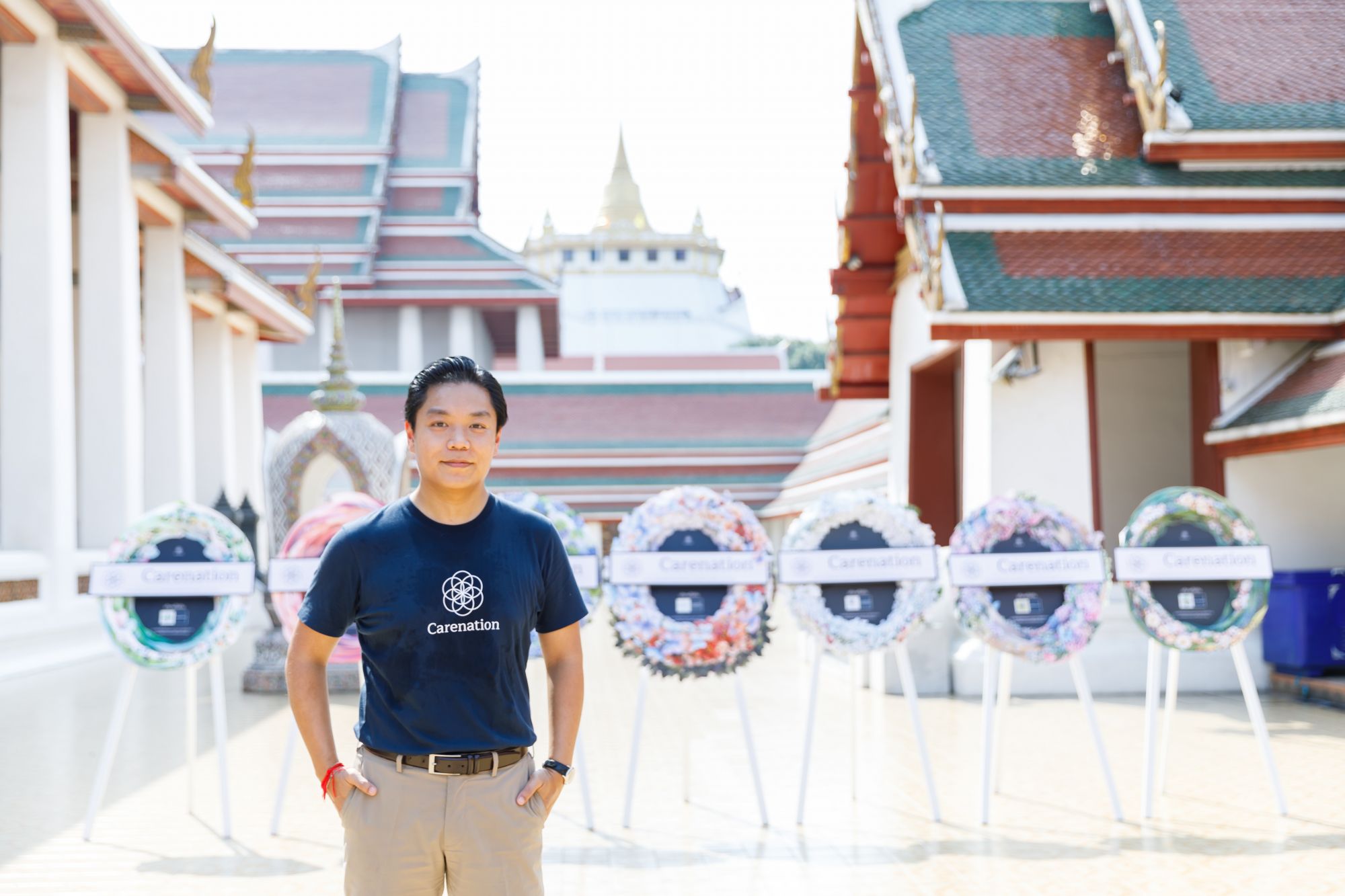The Bangkok-based Gen.T honouree shares how he juggles three businesses at the same time and what failure has taught him
Starting a business requires courage, patience and motivation, as well as a clear value proposition and an idea of how to deliver it. But to set up several businesses and run them at the same time requires much greater drive. Bangkok-based Gen.T honouree Parith Rungsimanond would know. A serial entrepreneur, Rungsimanond currently runs three businesses, all in vastly different sectors.
His first venture, Parich Fertilizer, manufactures, trades and supplies a range of industrial chemicals and high-quality fertilisers. In 2009, at the age of 30, he took over his family’s fertiliser business from his father, gave the company a name and shifted its focus from solely importing and exporting fertilisers to also producing its own.
“When I first started out 11 years ago, no one cared about technology or innovation in this industry,” Rungsimanond says. “I’m someone who believes technology can improve lives, so I decided that we needed to develop our own fertilisers and use technology to improve the traditional formulas, to make them last longer, more efficient in being absorbed and less quick to evaporate.”
He adds that changing how things have been run in the traditional fertiliser industry has paid off, as customers now closely associate Parich Fertilizers with specialty fertilisers.

Exploring an unfamiliar route for social and environmental good
As his fertilisers give life, his second venture, Carenation, is in the business of death. Having supported charities for a long time, Rungsimanond started the social enterprise in 2019 in order to address the environmental impact of the funeral wreath sector as well as help those most impacted by Thailand’s slow economy.
Most traditional funeral wreaths are made from real flowers, which are usually imported from overseas, wrapped in individual plastic bags to keep their freshness, and stuck into a styrofoam base. For Rungsimanond, considering the average number of deaths in Bangkok and the average number of wreaths sent to a funeral, the sector is both highly wasteful and promising in terms of profit generation.
In response, he and his co-founder decided to provide paper-made alternatives to traditional funeral wreaths, using a mix of recycled, regular and corrugated paper.
With each wreath sold, up to 40 percent of the proceeds is donated to charity, with the receipt given to the buyer. Since it started two years ago, Carenation has donated about US$250,000 to local causes, from cancer research funds to associations supporting young victims of political violence.
“I think Carenation has been able to grow so quickly because my co-founder and I don’t see it as a profit centre, and our customers can see that,” Rungsimanond says. “We’re very transparent about what we do—how much we will donate from each wreath sold and where we channel that money to. Our customers are also given the donation receipt, so they are aware of how they’ve helped.”

